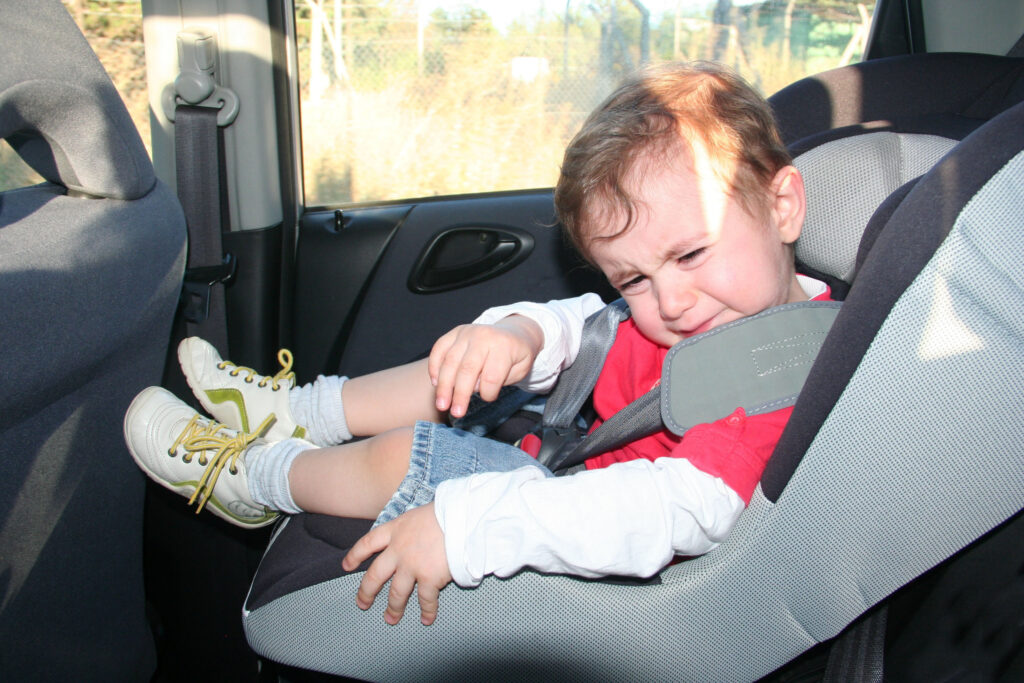
Nevada law encourages people to help others in emergency situations. Whether a person was injured in a car accident, bicycle accident, or any other type of accident, you have a great deal of protection if you choose to help someone that is hurt. This protection is commonly referred to as the “Nevada Good Samaritan Law.” In this blog, Lerner and Rowe will explain the Nevada good samaritan law and how it protects compassionate people from civil liability.
What Is the Nevada Good Samaritan Law?
The Nevada good samaritan law is described in Nevada Revised Statute 41.500. It explains the “liability of persons who render emergency care or gratuitous care.” The law may protect you from civil liability should you attempt to provide aid for an injured person.
In most cases, you are not liable for additional injuries or property damage while attempting to help someone or transport someone in an emergency situation. Of course, you should only be helping if professionals are not immediately available or they are taking too long and your aid can prevent additional injury or prevent a person from dying.
When Is it Okay to Help Someone?
The Nevada Good Samaritan Law is fairly straightforward. To be protected from civil liability, the following must be true:
- The situation is an emergency
- You are actively trying to give assistance
- The person you are trying to help is injured or in danger
- You are not being paid to give assistance
- The assistance you provide is not grossly negligent
In addition to protecting everyday people that are not first responders, the Nevada Good Samaritan Law also applies to volunteer ambulance drivers and firefighters. The key distinction here is that people who volunteer for emergency services are not paid for emergency assistance, so they would not be liable if they chose to give aid.
Examples of Nevada Good Samaritan Law
Here are two examples of the Nevada good samaritan law to help you understand it in practical terms. In the first situation, you see someone that was seriously injured in a pedestrian accident after being struck by a car. After calling 911, you give any aid you are capable of. You are not liable should that person suffer additional injuries while you’re attempting to assist them, as long as it’s not grossly negligent.
In the second example, you’re walking to your car in a parking lot when you notice a child suffering inside of a car with the windows cracked. After calling 911 and attempting to open the car door, you are unable to reach the child. The Nevada good samaritan law allows you to break the car window or windshield to reach the child. In this situation, you would not be responsible for repairing the car. Additionally, you would not be responsible for any injuries to the child if they were hurt while you were breaking the window to assist them.
Contact Lerner and Rowe Injury Attorneys
Unfortunately, you may find yourself injured due to the actions of another party and without a good samaritan to help you. In those situations, you should contact a personal injury attorney from Lerner and Rowe immediately. Our legal professionals may be able to find you the immediate medical help you need, while our lawyers will do everything possible to win you the largest settlement possible for your injuries. Before you receive your settlement, you can expect compassion and support from a team that’s committed to helping you carry the emotional burden of your injuries as you focus on healing.
Lerner and Rowe can be reached 24 hours a day, 7 days a week. You can contact us by phone at 702-877-1500 or online through LiveChat and encrypted contact form. Our attorneys have a long history of winning large settlements for our clients and our strong reviews reflect our commitment to customer service. Give us a call today and find out why Lerner and Rowe Injury Attorneys is one of the most trusted names in Las Vegas personal injury law.



